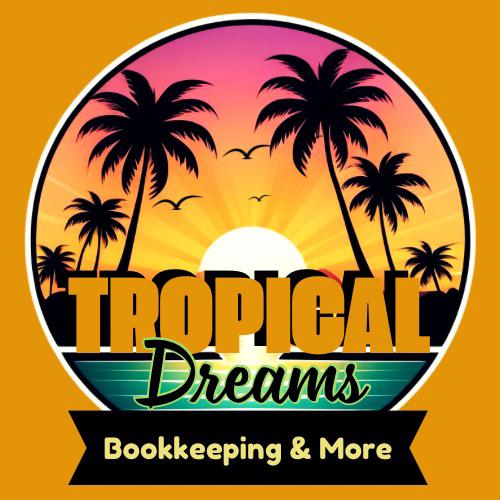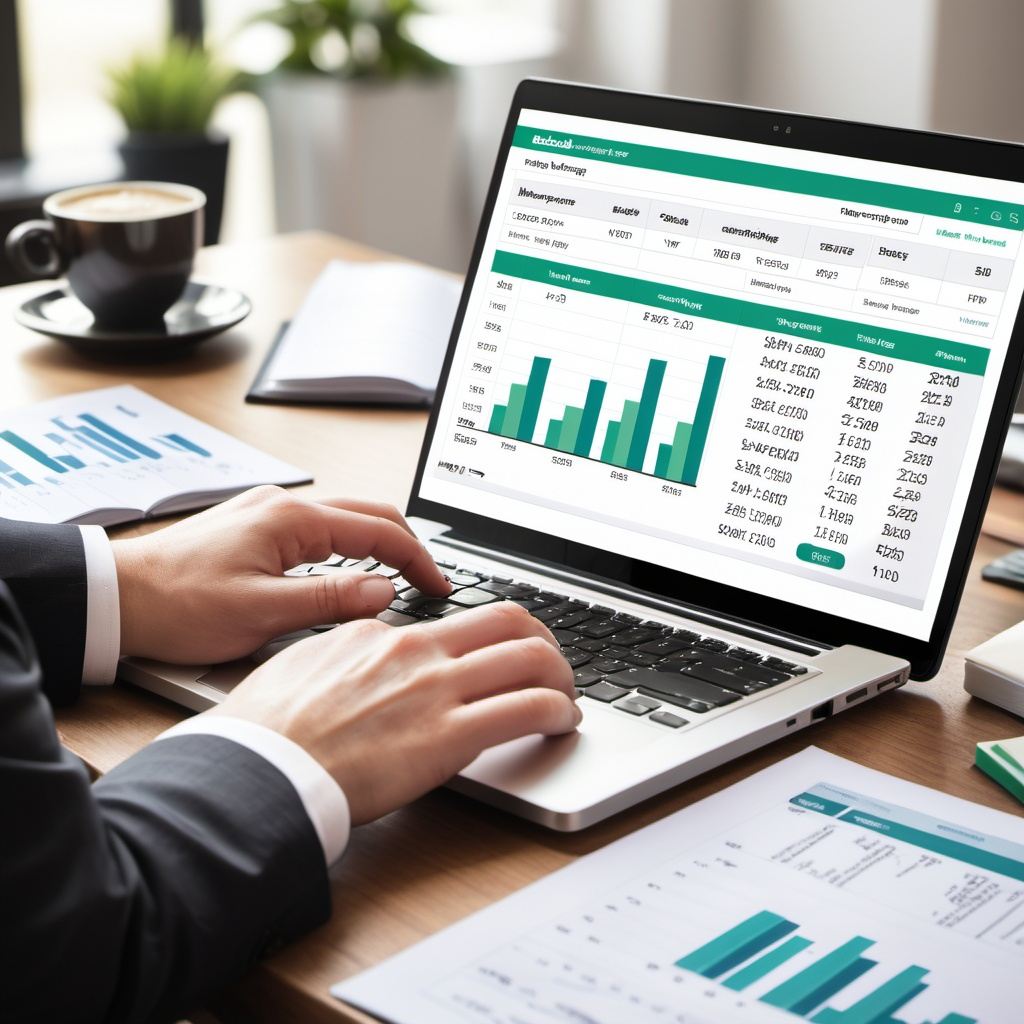So, here’s the deal—I decided to dive into bookkeeping. Why? Because it’s one of those skills that’s always in demand, and frankly, I like knowing where every dollar goes. It’s not glamorous, but it’s practical, and businesses need it. I paid for a bookkeeping course, but let’s be real, I’ve also been bingeing YouTube and Udemy videos to really get the hang of it. Immersing myself in this stuff has been key, but I know the real learning happens when I get my first client. Can’t wait for that.
Now, I’m no accountant (yet), but here’s the quick breakdown of what I’ve learned so far about bookkeeping basics:
- Debits & Credits:
These are the bread and butter of bookkeeping. Debits go on the left, and credits go on the right. For example, when you buy office supplies, that’s a debit to the expense account and a credit to cash or accounts payable. It’s all about balance. - Assets:
This is what you own. Cash, equipment, inventory—it all falls under assets. If it’s valuable and you can use it, it’s an asset. - Liabilities:
This is what you owe. Loans, credit card debt, unpaid bills—these are all liabilities. They’re the opposite of assets. You have to pay these off eventually. - Equity:
Equity is what’s left when you subtract liabilities from assets. It’s the owner’s stake in the business. If your assets are greater than your liabilities, you’ve got positive equity. If not, well, that’s a problem.
That’s the basics. It sounds simple, but it’s all about how these pieces work together to paint the financial picture of a business.
My Experience So Far
Like I said, I paid for a bookkeeping course. It wasn’t the cheapest thing out there, but it came with a network of expert bookkeepers. Now, I’ve got a team of people I can turn to when I hit a wall, and that’s priceless. No more feeling like I’m out there doing this alone.
But it’s not just the course. I’ve been watching YouTube tutorials and doing Udemy lessons to fill in the gaps. There’s a ton of free and low-cost content out there if you want to start learning bookkeeping. You don’t have to break the bank. Some free courses are great, but investing in the right course gave me a community and some peace of mind.
While learning my bookkeeping course I experienced something that actually kept me from moving forward. On 11/23/23 my knee popped out of its socket. The pain was excruciating. I ended up in the ER. For the next 8 months I was in so much pain, on 7/25/24 I received a total knee replacement on my left leg which happens to be my amputated leg due to a car accident when I was little. After my surgery I was studying my bookkeeping for 3-4 hours at a time. I even mentioned to my sister, “Man, I’m on fire. I’ve been studying for hours at a time. I don’t know why I didn’t do this before.” She stated, “Hey ding dong, did you forget you were in pain?” “Oh Yeah” hahaha i forgot. On 9/28/24 and 9/29/24 I took the weekend to take 3 QuickBooks ProAdvisor exams which had 5 sections on each exam and about 15-20 questions for each section. It took me 9 hours the first day and 7 hours the second day, but I passed all tests with flying colors. WOOHOO!!!
Looking Ahead
I’m excited to get my first bookkeeping client. The truth is, no matter how much you study, the real learning happens when you’re doing the actual work. The day-to-day tasks—organizing financials, balancing accounts, tracking income and expenses—that’s where the knowledge sticks.
If you’re thinking about getting into bookkeeping, start with the free resources out there and go from there. When you’re ready to level up, there are paid courses that are totally worth it, especially if they give you access to a support network like mine.
And if you’re a business owner who needs someone to handle your books, I’m here. Let’s work together.

